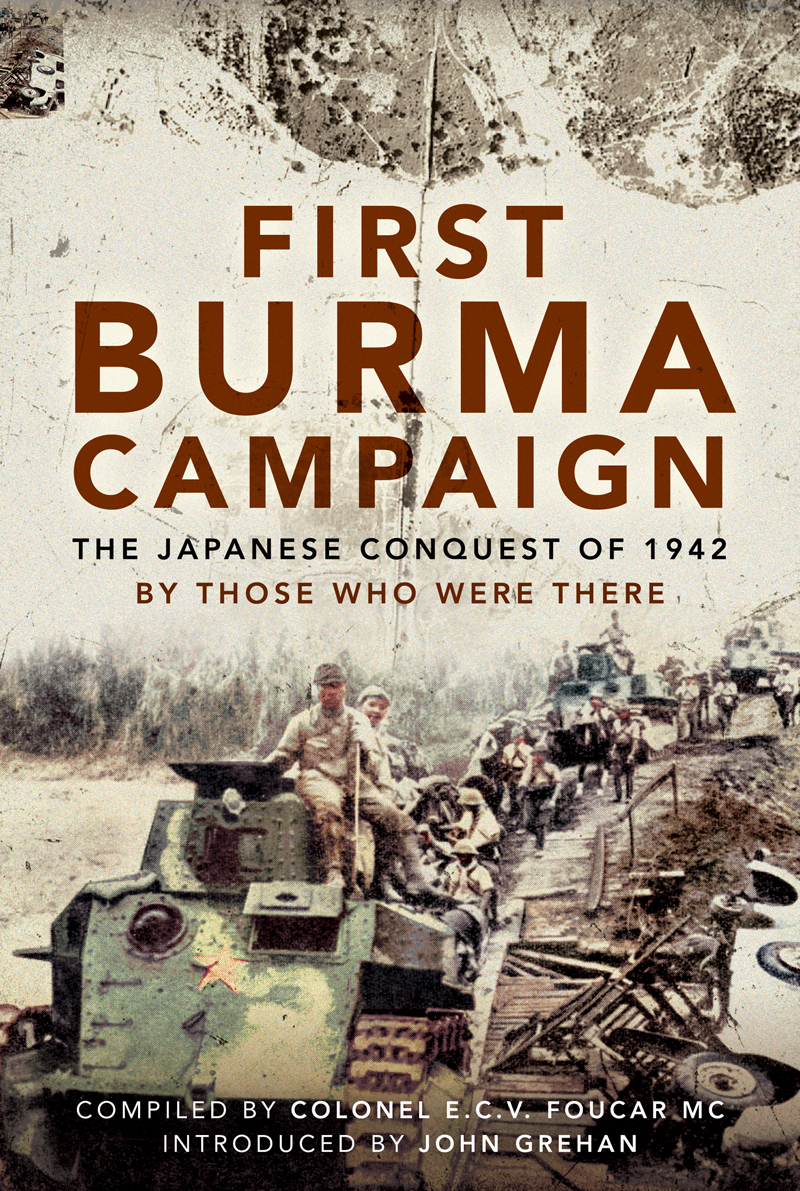

Most ebook files are in PDF format, so you can easily read them using various software such as Foxit Reader or directly on the Google Chrome browser.
Some ebook files are released by publishers in other formats such as .awz, .mobi, .epub, .fb2, etc. You may need to install specific software to read these formats on mobile/PC, such as Calibre.
Please read the tutorial at this link: https://ebookbell.com/faq
We offer FREE conversion to the popular formats you request; however, this may take some time. Therefore, right after payment, please email us, and we will try to provide the service as quickly as possible.
For some exceptional file formats or broken links (if any), please refrain from opening any disputes. Instead, email us first, and we will try to assist within a maximum of 6 hours.
EbookBell Team

5.0
18 reviewsThe British Army's report on the Japanese invasion of Burma during WWII—based on firsthand accounts by the officers who survived it.
In 1942, the Japanese military drove British and Indian forces out of Burma. Colonel E.C.V. Foucar, M.C., was given the task of discovering what happened. Seeking information and documentary evidence from officers of the First Burma Campaign, Foucar wrote this detailed account for the Director of Military Training.
This volume describes the challenging geographical, climatic, and political conditions in Burma before turning to the devastating Japanese ground assault. He describes harrowing episodes such as the 'Disaster' at Sittang Bridge, the evacuation of Rangoon, and the march to the River Irrawaddy in an attempt to secure the north of Burma and its oilfields.
With the Japanese closing in on the beleaguered British force, the decision was taken to abandon Burma and try to reach India. The ragged, disease-ridden troops...
About the Author: Born in 1894, during the First World War EMILE CHARLES VICTOR FOUCAR was serving in the London Regiment as a Second Lieutenant when he was awarded the Military Cross, this being announced in The London Gazette on 26 September 1917\. After the war, Foucar returned to Burma where he as a lawyer based in Rangoon; he was the fourth generation of his family living in the country. Rejoining the Army in the Second World War, by 1942 had risen to the rank of Colonel. In October that year, he was appointed to a General Staff post for the purpose of assembling the records and writing a narrative of the First Burma Campaign.